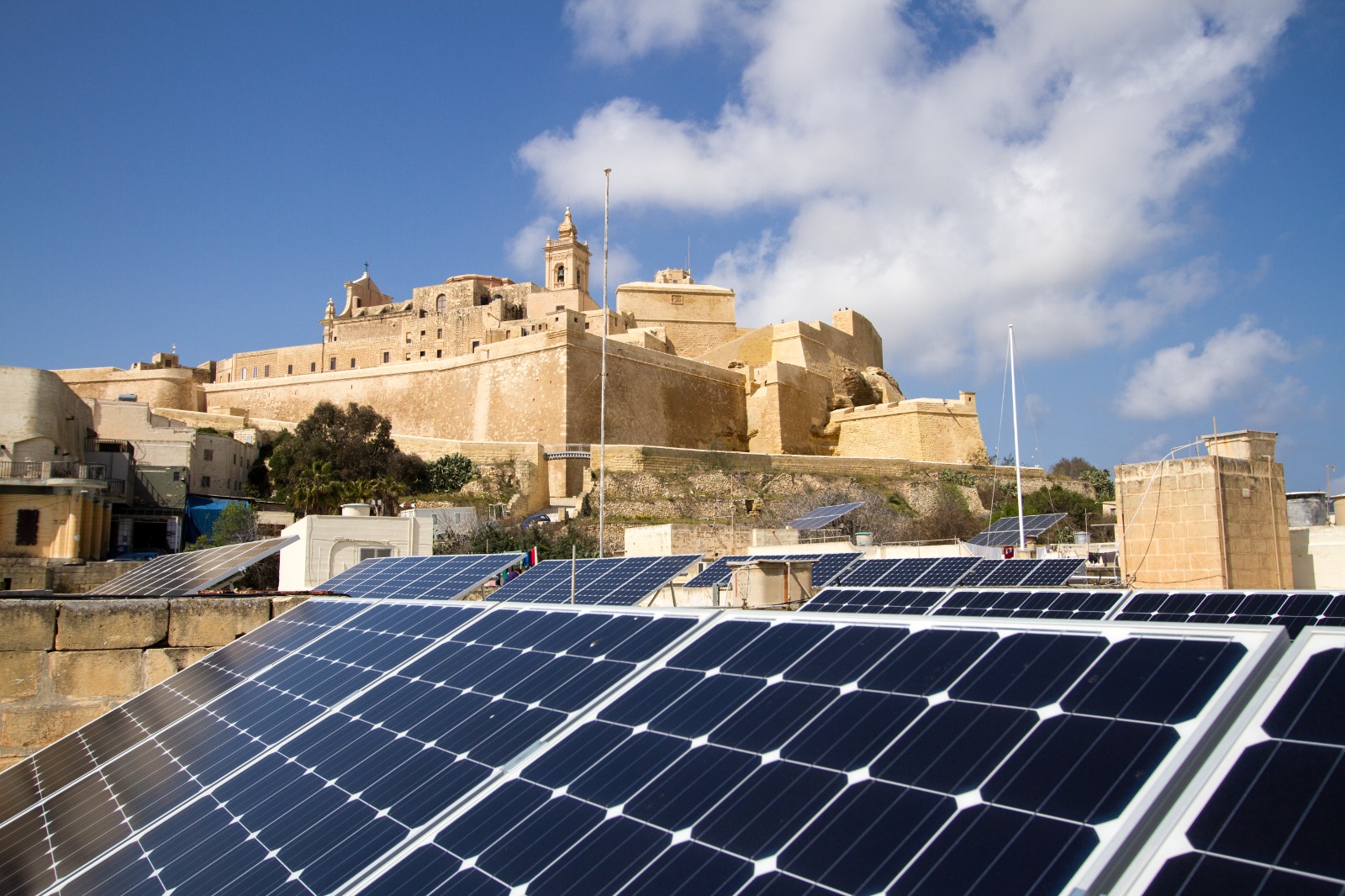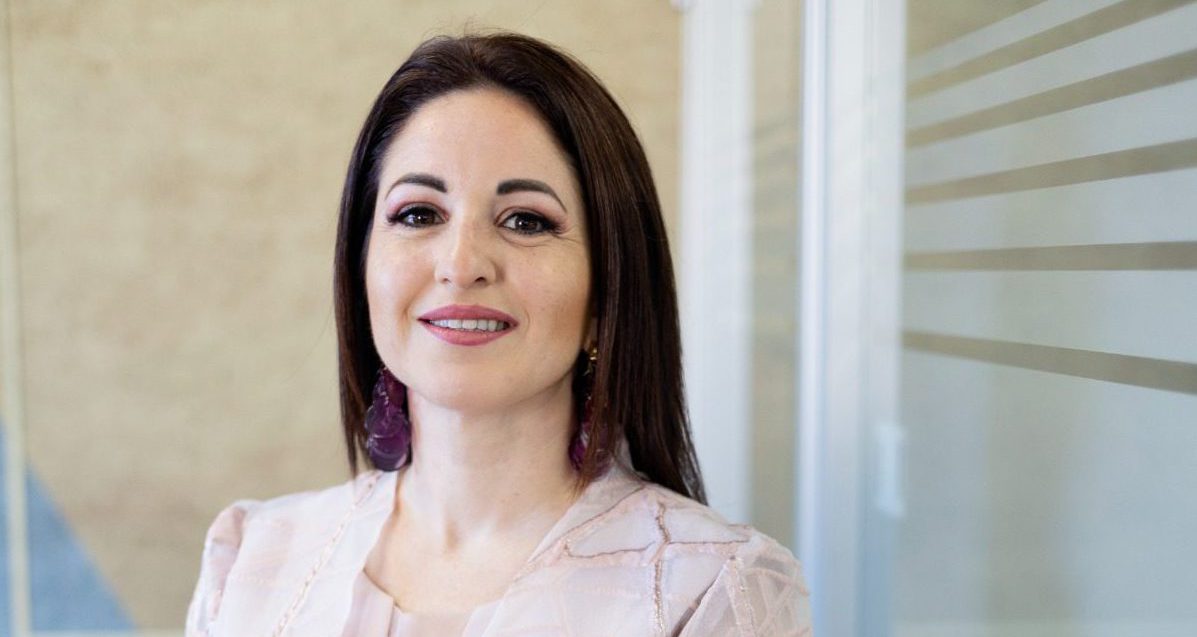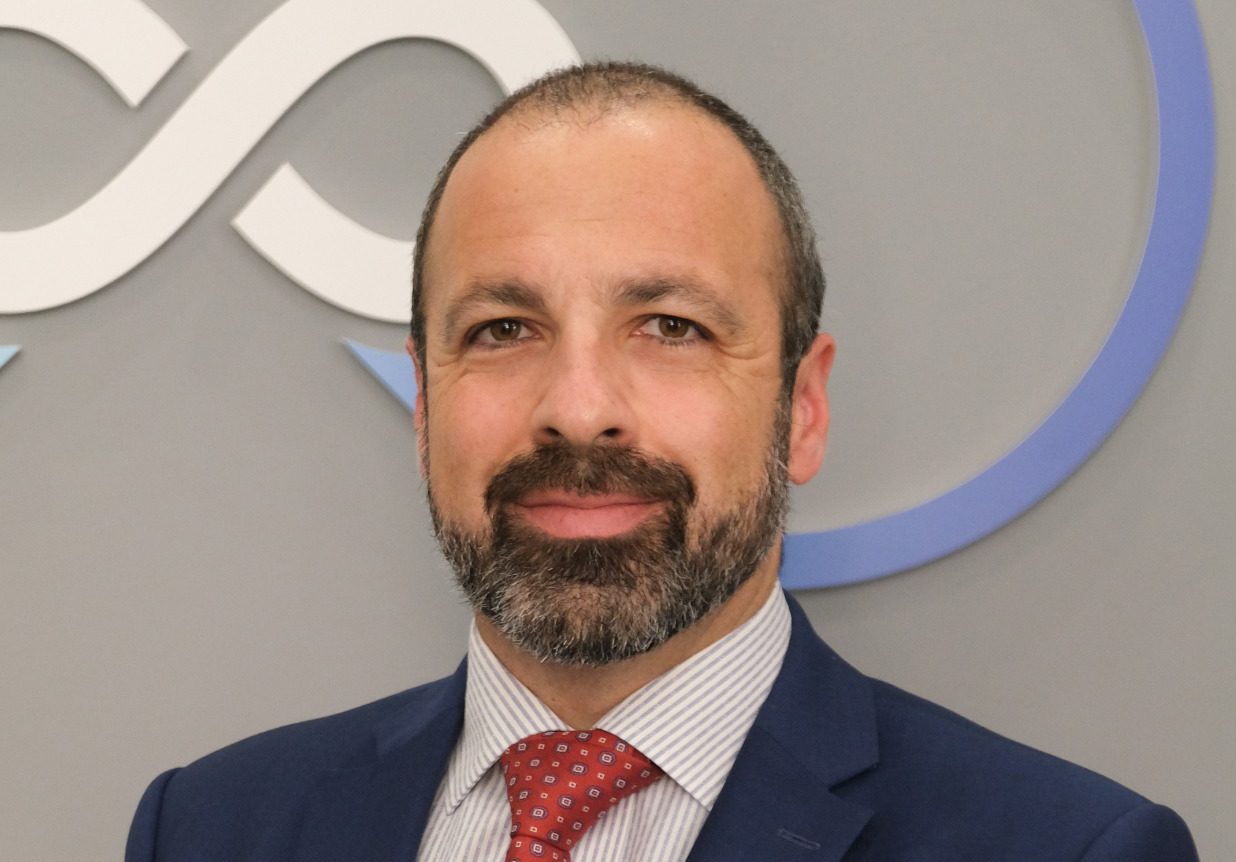The story of the advent of renewable energy in Malta has moved largely in parallel with the activities of Econetique Ltd, part of the FXB Group of companies.
Formed in 2009, when its parent company decided to get into renewable energy, the company’s name – an amalgamation of ‘eco’ and the French word for ‘kinetic’, reflects its focus on providing renewable energy and energy efficient products.
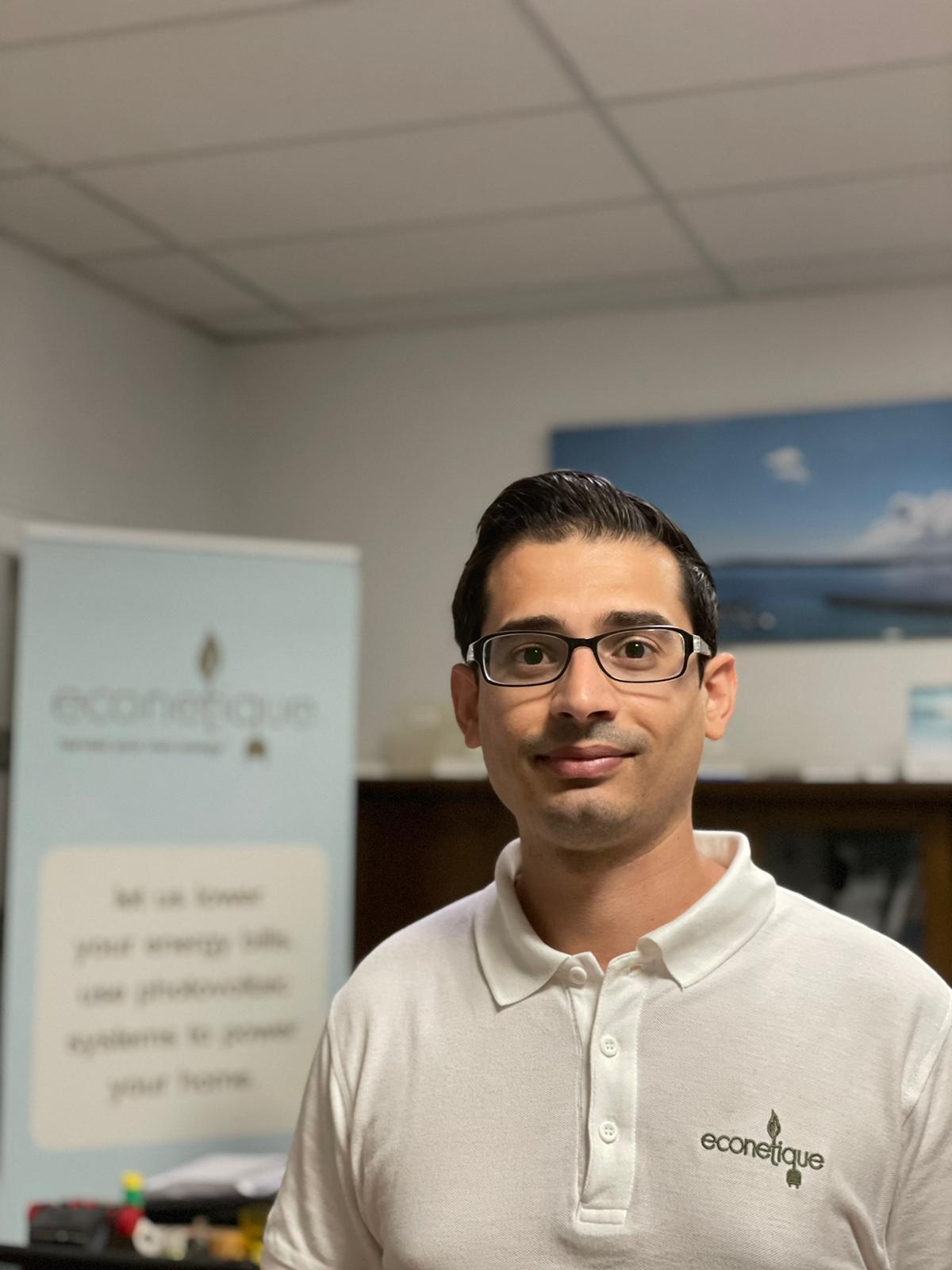
Its managing director, warranted electric engineer Charles Borg, sits down with BusinessNow.mt to provide his insights from this vantage point of how Malta’s renewable energy sector has changed in this time.
He has seen the uptake of one of the company’s most popular products – photovoltaic panels – increase significantly in recent years, driven by a number of factors, including increasing demand for electricity and higher consumption.
With the panels, individuals and companies are not only making an investment in an asset on their roof, they are also ensuring they can stay ahead changing energy prices, and their own increasing consumption.
“Even in the case of cars – technology is increasingly pushing people towards the electric – and what’s the point in an electric car if you’re powering it with [dirty] power station electricity,” says Ing Borg.
“The ideal situation is instead to have a clean source of electricity to compliment the clean technology of electric cars.”
Aside from on a personal level, consumption is also increasing in society generally, making prices more expensive, according to Ing Borg.
“With higher consumption comes higher prices, but with solar panels, consumers can escape these increases,” he said.
For those in Malta, this tech is especially worthwhile, as the country’s sunny weather make solar panels an even stronger investment.
Demand for the panels has also increased due to Government incentivising their use, through their introduction of rebates and grants for those installing them.
This demand has fluctuated as the schemes’ format has changed, observes Ing Borg, referring to when the scheme was only open for a short period every year.
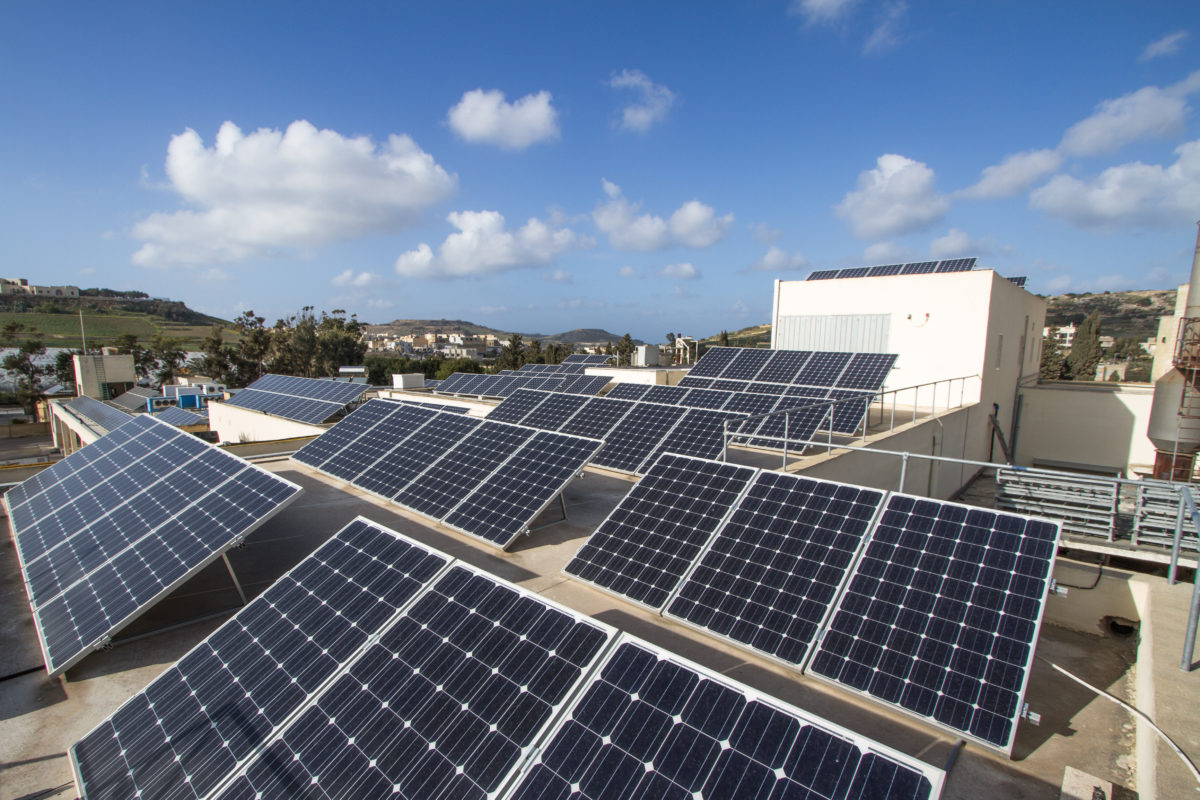
When this was the case, the urgency of making the window would persuade people to move quicker to take advantage of the offer.
The current system, open all year, allows people more flexibility to make their purchase at their own pace.
The quality of the product has also changed over the years, and while the principle remains the same – to generate clean energy – they’ve become more efficient.
They’re also require notably low maintenance, basically requiring occasional cleaning, especially during the summer months, says Ing Borg, and also appeal to businesses, many of whom have large, otherwise wasted roof areas.
Despite the obvious advantages of renewable energy in Malta due to its climate, the country is far from perfect for solar energy, and its small size and high population density is holding back uptake in multiple ways.
Firstly, as the population expands, and apartments, not houses, become more popular, people have less roof areas to utilise.
Ing Borg explains: “When one only has a very small section of a roof, they often don’t think it is worth investing in solar panels.”
Upward development is also having a negative impact, as many don’t bother investing in roof panels out of concern their neighbours will build upwards, blocking the sun to their roofs.
These factors, Ing Borg says, are the main things holding people back from investing in solar power.
Econetique does not only offer solar panels though. Since its origins based out of a single outlet in Gozo, it has come to fill broader demand for renewable energy producing, and saving products, though Ing Borg admits, back in 2009, the only thing that came to people’s minds was the photovoltaic systems.
One particularly exciting product for Ing Borg, are the vertical panels offered by BIPVs, or ‘building integrated photovoltaics’.
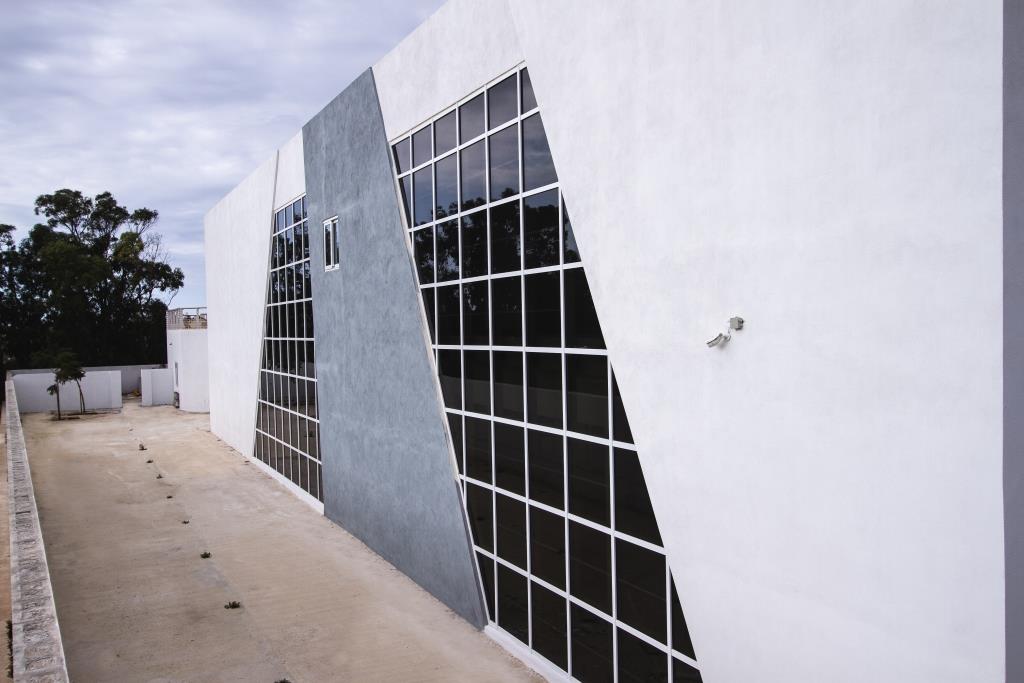
This is, simply put, the use of solar panels as a building material, often in the facade of a building.
These have a number of benefits, but most notably in Malta, they can overcome some of the horizontal space limitations, by allowing buildings to utilise almost their entire surface area for electricity generation, rather than just the roof.
“We’ll have all sides of a building covered in the panels, basically.”
As things stand, to Ing Borg’s knowledge, there is only one example of this technology currently in place in Malta, and it was installed by Econetique.
However, he reveals that in the coming weeks, the company will embark the start of another project with the technology, for a “major telecoms company in Malta”.
The company has also ventured into air conditioning systems as well, importing into Malta Sinclair products, including all types of air condition units, from residential to commercial.
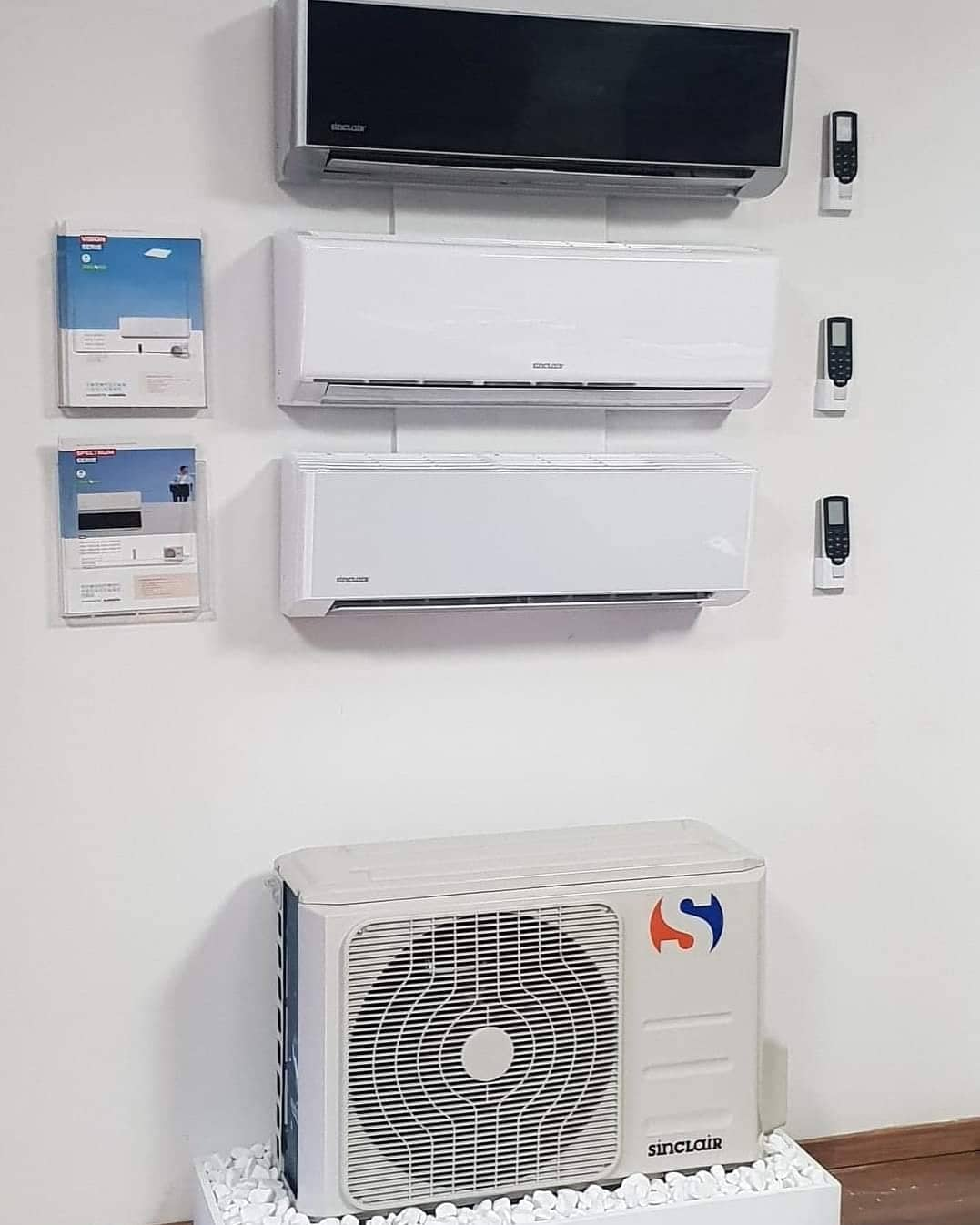
For those environmentally conscious, or fiscally prudent consumers without the space for photovoltaic panels, Mr Borg says there are a number of alternatives.
“With our thermal insulation offering, people can consume less energy for cooling and heating, meaning it acts as a passive solution, which helps both the environment and individual consumption.
“Then people can have LED lighting, underfloor heating systems, and more efficient air conditioning systems. These will all reduce expenses and environmental footprints.”
Econetique offers a full suite of products allowing consumers to fully utilise these options.
“We have also introduced heat pumps for domestic hot water, and also heat pumps for underfloor solutions. The company offers two underfloor heating solutions, electric systems for small areas, and hydrophonic systems, which are more efficient in larger areas.”

Aside from its range of products, the company also sets itself apart by offering more that just a sale, offering a level of after-sales maintenance, which adds to the customer experience.
Looking to the future, regarding Malta’s broader eco landscape, Ing Borg explains that one way the country is lagging behind is in terms of recycling water.
Econetique is currently undergoing a project with the University of Malta and the University of Catania to address this though, for the past three years helping to design a unit that can recycle the water people use at home.
“When you wash your hands, that water, instead of going to your drain, is treated, and can be used again. We clean it through natural means, as opposed to chemicals and filters, which need to be replaced and changed,” explains Ing Borg.
“The water is cleaned using energy from the sun, so its like having photovoltaic panels to clean water.”
He predicts this could have broad implications, reducing water consumption, but also proving to be a beneficial to some developing countries where water supply is a major issue.
Uniplural Group: ‘Our brand transformation fortifies our position as a one-stop-shop within the community’
The newly rebranded Uniplural Group provides a diversity of care services strategically united to embrace emerging growth prospects
Print&Merchandise embracing sustainable merchandising solutions
Janice Calleja, manager at Print&Merchandise, highlights the company's high-quality, bespoke services, alongside its evolution towards eco-friendly solutions
‘Regulating what is happening today is only part of what we do at the Malta Communications Authority’
Inġ Antoine Sciberras explains how the regulatory authority strikes a balance between healthy competition, and facilitating new tech investment


